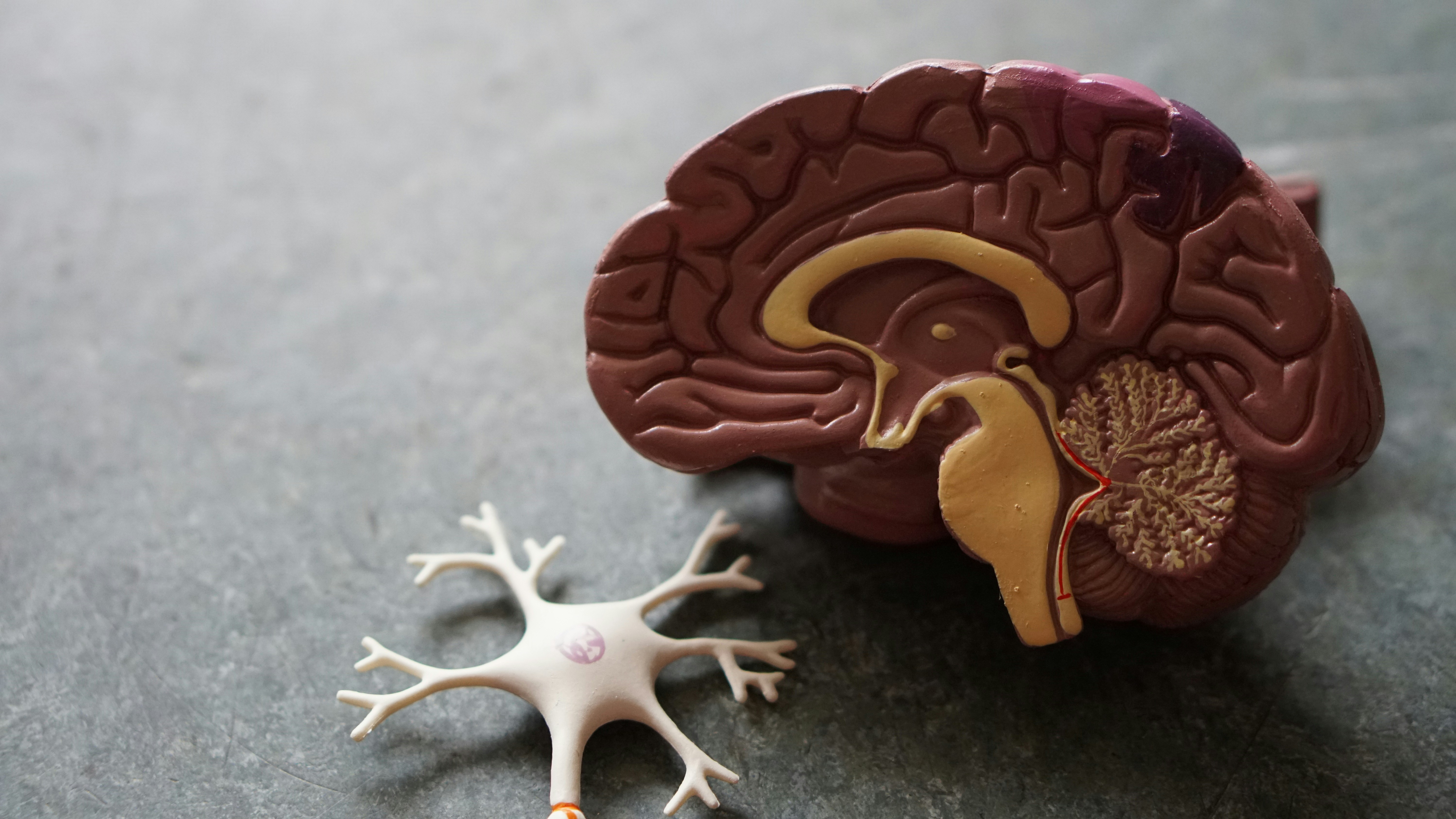Attachments
Note: Not all attachments are visible to the general public. Research URLs will go live after the embargo ends.

Journal/
conference: JAMA Network Open
conference: JAMA Network Open
Research:Paper
Organisation/s:
Harvard Medical School, USA
Funder:
Thisworkwas supported by the NIH/NIA (grant No. P01 AG036694 to Drs Johnson and Sperling;
grant No. K24 AG035007 toDr Sperling).Dr Munro is supported by the Alzheimer’s Association Research Fellowship
(AARF-23-1150240). Dr Farrell is supported by NIH/NIA (grant No. K01AG083062). Dr Hanseeuw is supported by the
Belgian Fund for Scientific Research (CCL40010417) andWellbio (40010035). Dr Rentz is supported by theARMADA
grant No. 1U2CAG057441.Dr Buckley is supported by the NIHR00Pathway to Independence award (grant No.
R00AG061238), the DP2NewInnovator award (grant No. DP2AG082342), and an R01 (grant No. R01AG079142). Dr
Vannini is funded by the NIH/NIA (grant No. 5R01AG061083-05). Dr Amariglio is funded by the NIH/NIA (grant No.
5R01AG058825-04). Dr Quiroz is supported by the NIH/NIA (grant Nos. R01AG054671 and RF1AG077627), the Alzheimer’s
Association, and the Massachusetts General Hospital Executive Committee on Research. Dr Blacker is supported
by the NIH/NIA (grant No. 5P30 AG062421). Dr Sperling is supported by the NIH/NIA (grant No. P01
AG036694) and by a K24 funded by the NIH/NIA (grant No. AG035007).Dr Johnson is funded by the NIH/NIA (grant
No. P01 AG036694). Dr Marshall has received funding from the NIH/NIA (grant Nos. R01 AG053184 and R01
AG067021). Dr Gatchel receives funding from the NIH/NIA (grant Nos. K23 AG058805-01 and R01AG078191), and
the Massachusetts General Hospital Rappaport Fellowship.



 International
International


